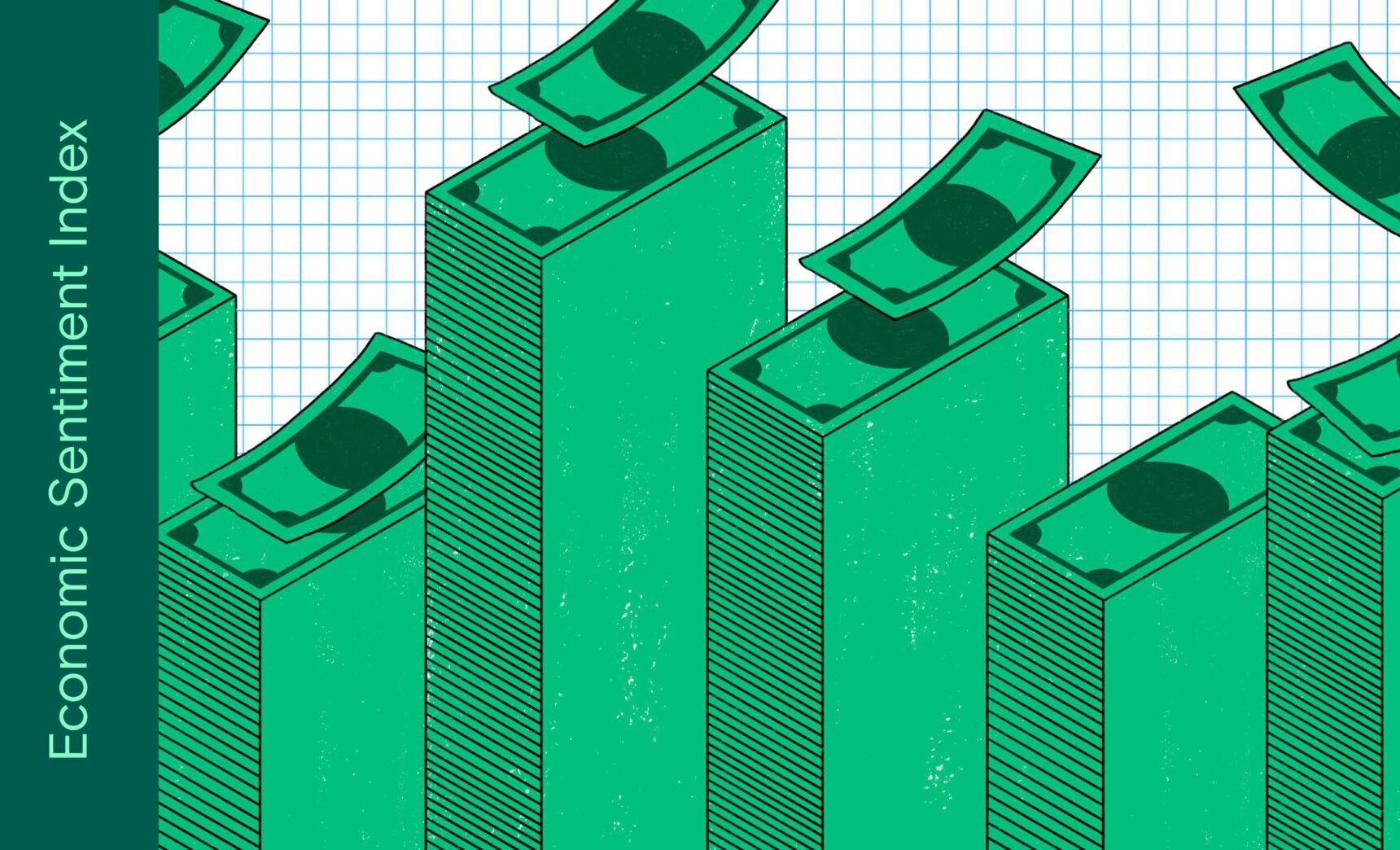Economic sentiment falls for the first time in 2024

The good vibes train of 2024 hit a speed bump over the past two weeks, as economic sentiment declined for the first time this year. The Penta-CivicScience Economic Sentiment Index (ESI) decreased 0.9 points to 36.8, during a two-week stretch that witnessed a deluge of media coverage around positive economic news.

Four of the five ESI indicators decreased over the past two weeks. Confidence in personal finances and buying a new home fell the most, decreasing 1.5 points each to 56.7 and 21.0, respectively.
—Confidence in the overall U.S. economy fell 1.1 points to 40.1.
—Confidence in finding a new job fell 1.1 points to 40.5.
—Notably, confidence in making a major purchase rose 0.7 points to 25.5. This indicator, along with confidence in the housing market, was amongst the lowest performing in recent years, now stands at its highest point in more than twelve months.
The past two weeks can be characterized by extraordinary attention by the media on consumer sentiment. The University of Michigan consumer sentiment index rose 29% between November 2023 and January 2024, “the biggest two-month increase since 1991.” While the rise in sentiment may “seem to have come out of nowhere,” it follows positive GDP news from Q4 of 2023, declining gas prices and inflation in December, and optimism amongst consumers that mortgage rates will soon drop. The question now is whether the progress made on inflation will be sustained, or if geopolitical tensions–particularly in the Middle East–will put upward pressure on gas and shipping prices.
The Commerce Department reported that the U.S. economy grew at a pace of 3.3% from October to December 2023. Although this was a decline from the 4.9% GDP growth experienced in the third quarter of 2023, this marked the sixth consecutive quarter where GDP has grown at a pace of 2% or more.
Recent data also suggests a slowing of inflation in December, which coupled with continued robust consumer spending during the holiday season, has led some to expect the Federal Open Market Committee will leave interest rates unchanged at 5.25-5.5% during its meeting on Wednesday, January 31.
Mortgage borrowing costs have been steadily declining in recent months, with the 30-year fixed mortgage to around 6.7%. Compared to October, when mortgage rates were roughly 7.8%, buyers have an additional $40,000 in purchasing power.
The lower borrowing costs are helping fuel activity in the housing market, which had slowed significantly in 2023. According to the National Association of Realtors, pending home sales climbed 8.3% in December from November, the biggest increase since June 2020.

The ESI’s three-day moving average began this two-week stretch at 36.2 on January 17. It then oscillated between increasing and decreasing before peaking at 38.3 on January 22. The three-day moving average then continued to oscillate, hitting its lowest point of 35.8 on January 27. It then trended upward to 37.9 on January 29 before finally falling to 35.9 on January 30 to close out the session.

The next release of the ESI will be Wednesday, February 14, 2024.